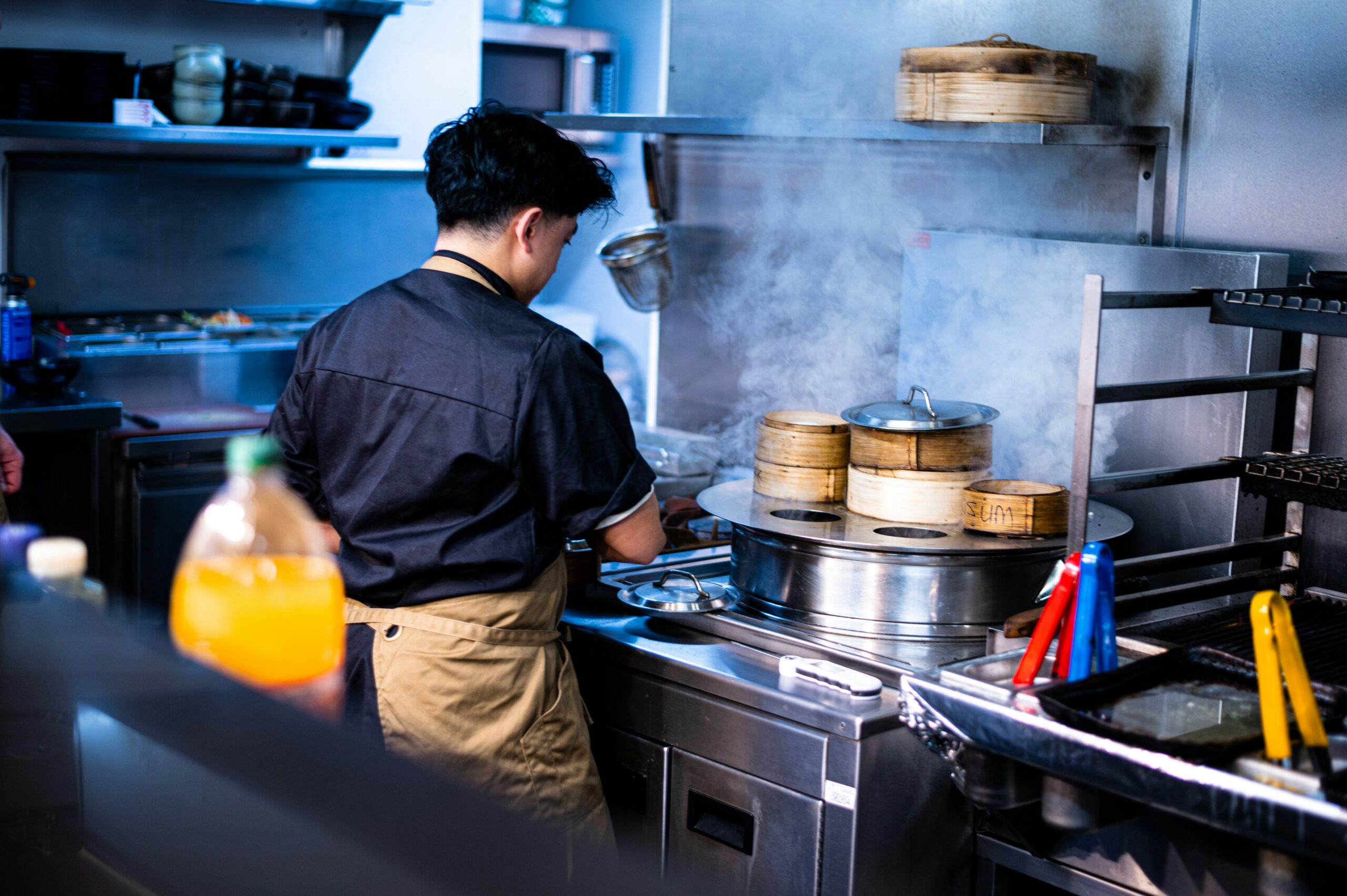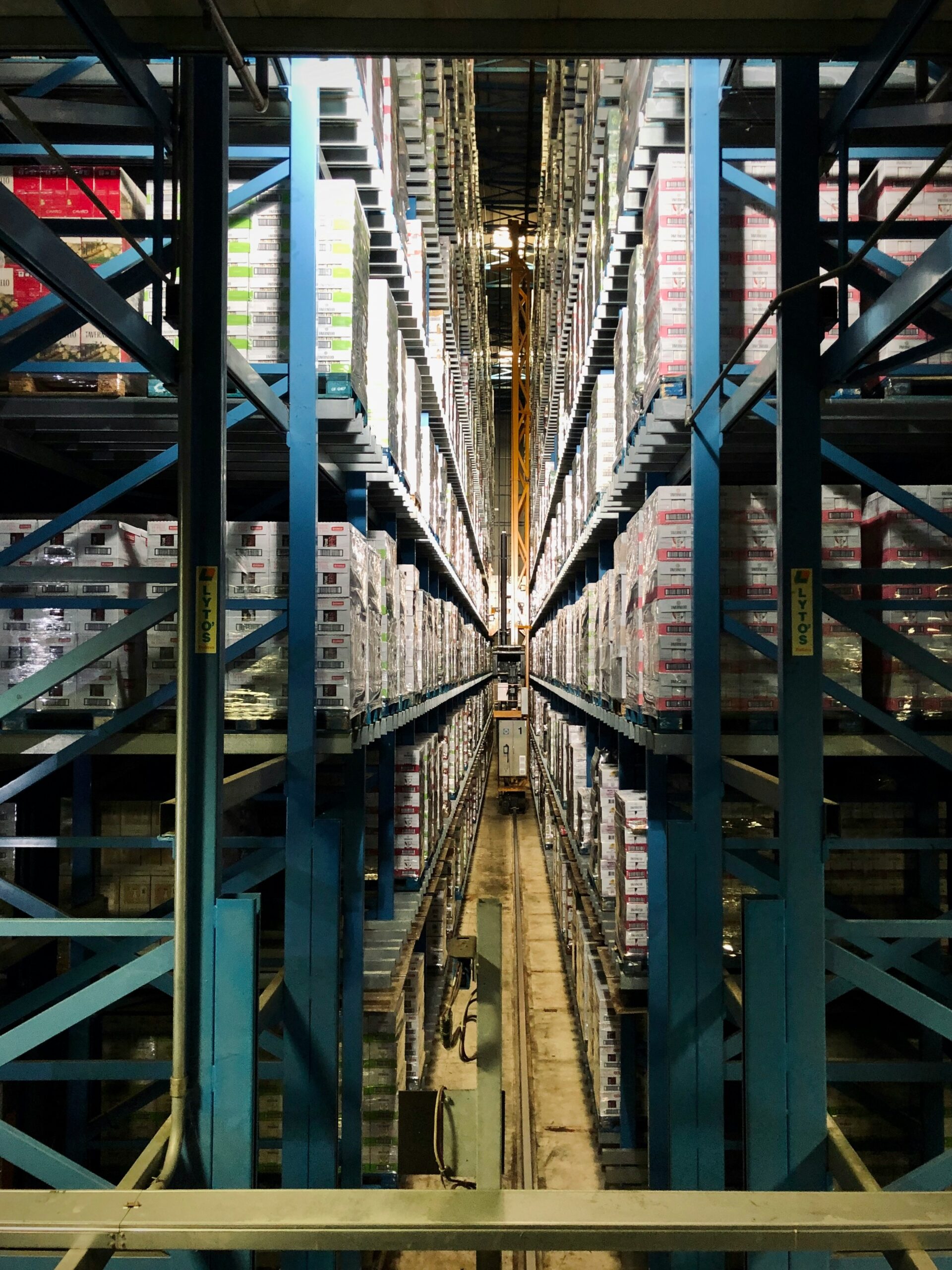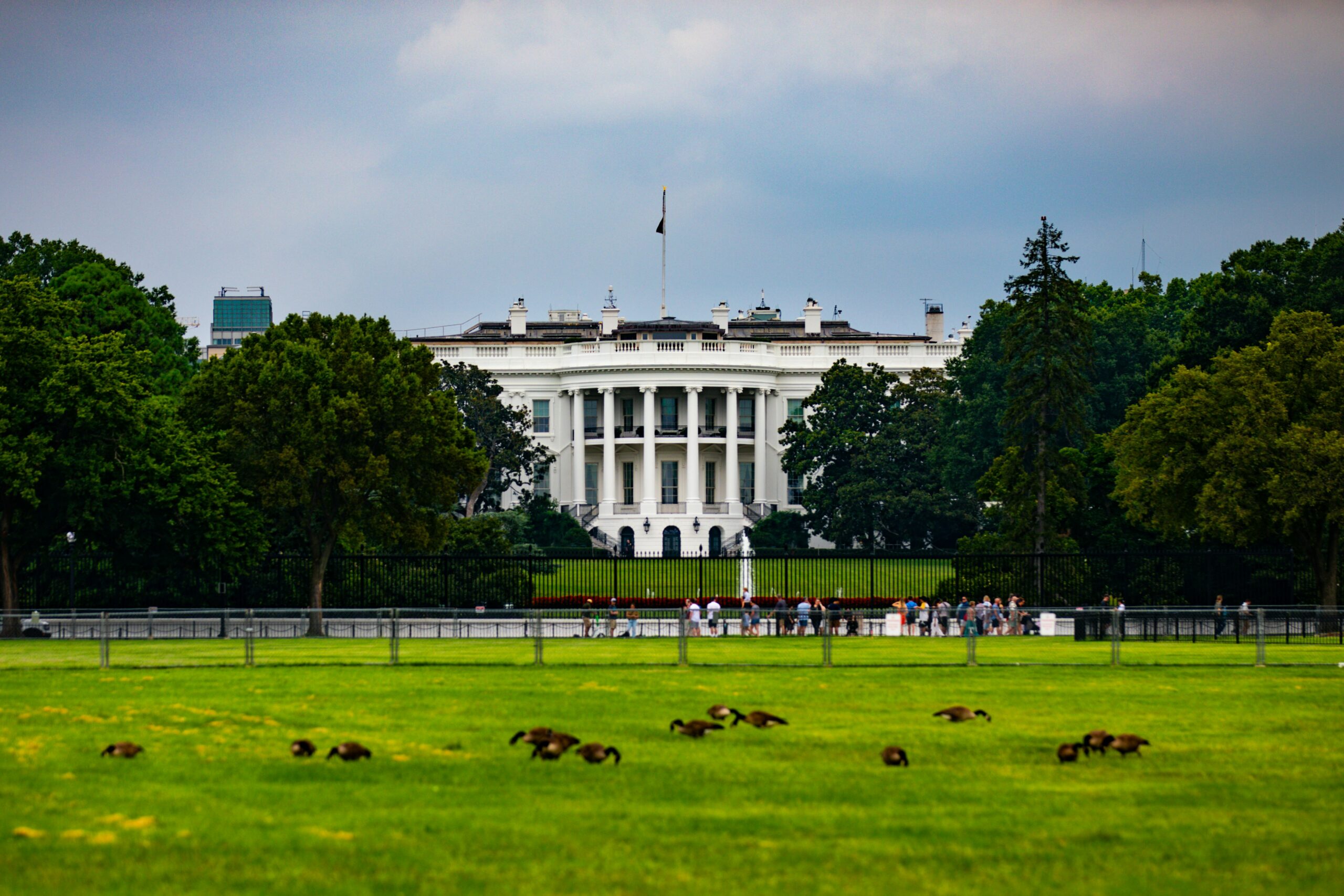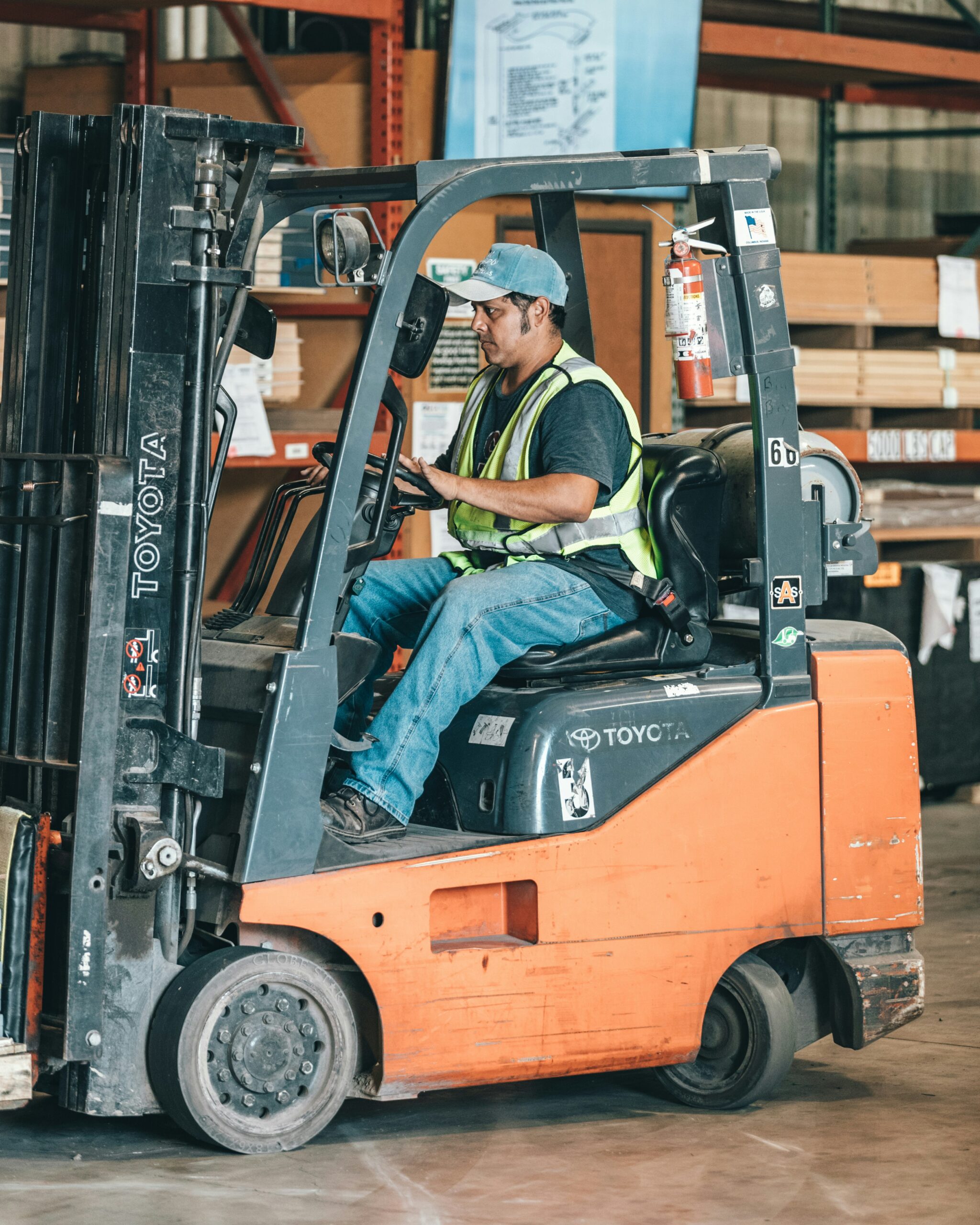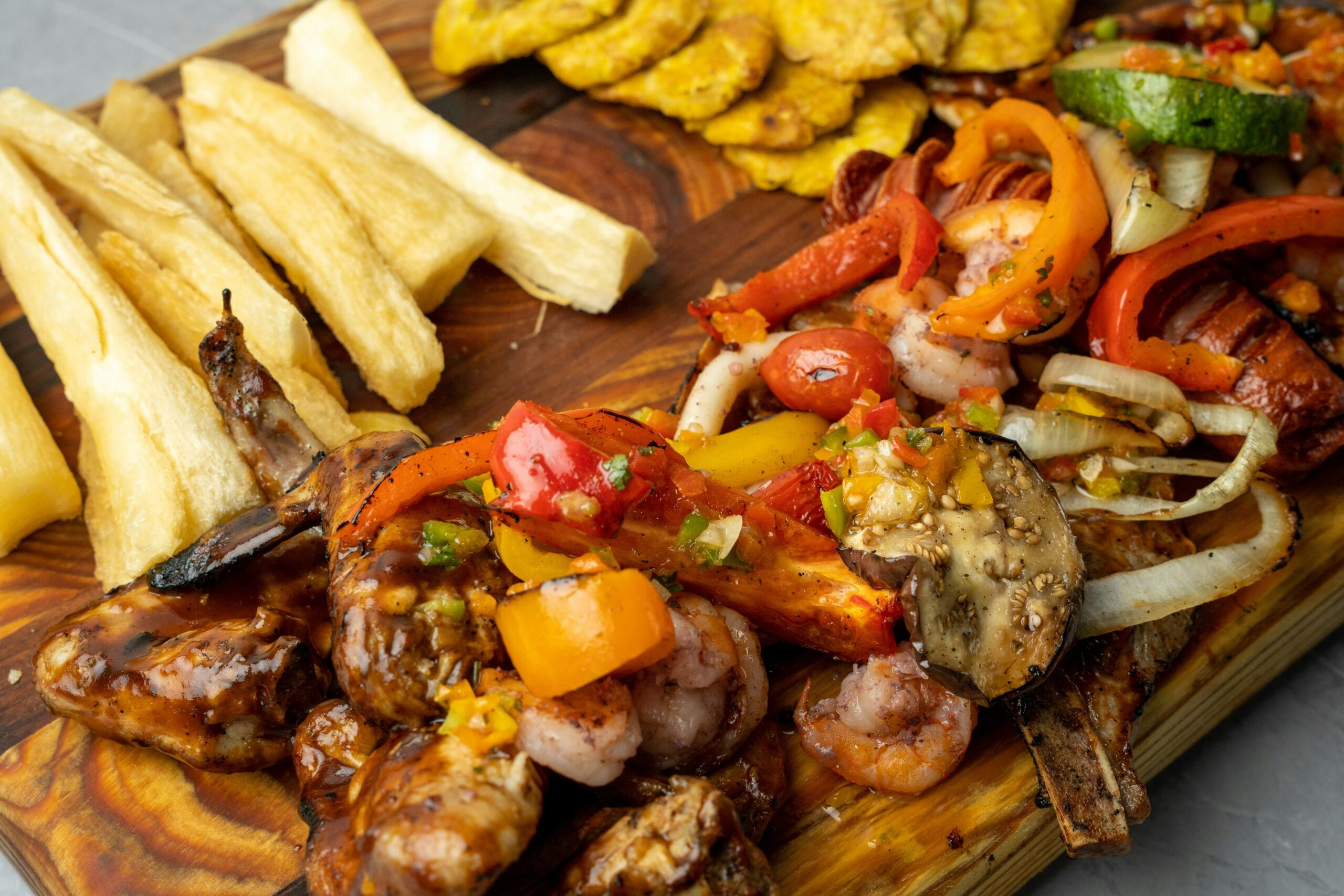Image credits: Unsplash
Since Donald Trump made his inauguration promise to impose tariffs and taxes on foreign countries, the world’s two biggest economies have been engaged in a trade war.
The most recent US tariff hikes have placed a cumulative 145% tariff on Chinese imports.
In retaliation, China has imposed a 125% total tariff on US imports. While the leaders of these two countries debate their next moves and how to maintain operations, businesses also question their next moves.
Restaurants Fear Losing Access to Authenticity
For US restaurants that create authentic dishes from other regions, the tariff hikes are a significant concern for their longevity. During many purchases of supplies and ingredients from local farmers and merchants, they rely on specific imported ingredients to create the authentic flavors they share with American customers.
Ingredients like Sichuan peppercorns used in Asian cuisines cannot be found in the US, so some restaurants rely on imported access to ingredients that give their food a signature taste. With a hike in tariffs as high as 145%, these businesses are growing worried about their ability to maintain the integrity of their cuisines.
Customers Could Foot the Bill for Products
Beyond the ingredients list, the aggressive trade war has placed tariffs on a growing number of products that affect the essential supplies of any restaurant, whether they offer fine dining with regional dishes or fast-food staples with American food. From takeout boxes to chopsticks and cutlery, tariffs impact the full scope of restaurant operations, from the kitchen to the drive-thru.
The spiking costs incurred by restaurant owners are likely to have a cascading effect on customers. These increased expenses could manifest in various ways, including higher menu prices, reduced portion sizes, or a decline in the quality of ingredients used.
Business Relationships Deteriorate With Tariff Hikes
Aside from added expenses, a hike in tariffs could affect business relationships. Some restaurant owners spent years finding spice vendors and organic farmers to supply their region-specific ingredients. If tariffs become too high to meet, those relationships and communities may crumble as businesses adjust their models or processes to survive the economic shifts.
It’s not just restaurants that depend on these relationships, though. Some retailers specifically cater to filling their marketplace with original products from other countries, bringing handcrafted items to customers looking to connect or reconnect with a culture. Rising tariffs on imports can potentially jeopardize the existence of these retailers and the relationships they form with suppliers and customers.
Bracing for Impact and Uncertainty
The trade war between the US and other countries is weighing on US businesses, and the 145% tariff on Chinese goods has some questioning their decisions to expand or plan for their future. Owners and suppliers worry about future retaliation rates, while customers grow concerned about footing the bill.
The US-China trade war is escalating with new tariffs impacting businesses and consumers in both countries. US companies importing from China face higher costs, potential delays, and decreased sales to China due to retaliatory tariffs. Chinese companies face similar challenges exporting to the US and sourcing US materials. The global economy is also negatively affected, with investors nervous and markets volatile, potentially leading to a slowdown in global trade and investment.
